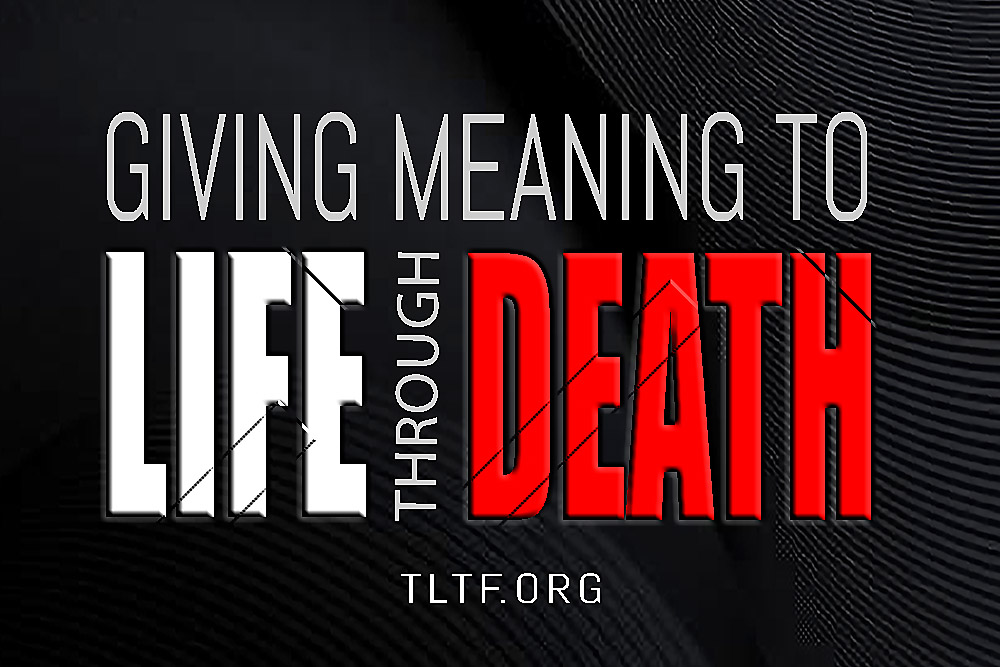
This world is not the one God originally created. Because of Adam’s rebellion, it is now filled with uncertainty and unpredictability. No one knows exactly what the future holds. Yet, despite this reality, people often live as though they can control what lies ahead. Whether in work, finances, health, or relationships, life is full of unexpected—and often unpleasant—surprises.
King Solomon recognized this and set out to discover the true meaning of life. To his dismay, he concluded that life is fleeting, elusive, and repetitive. He sought fulfillment in laughter, pleasure, possessions, ambitious projects, power, and more. Yet, no matter what he pursued, everything eventually came to an end—including life itself. He realized that no matter how much he achieved or acquired, death was inevitable for most. And when that day arrived, what would all his efforts have meant? The sobering answer: nothing. He concluded that life is like a vapor, a puff of smoke, a mere breath.
Is that depressing? At first glance, it might seem so. But Ecclesiastes teaches that by confronting the reality of death—even meditating on it—the events of life take on new significance. Instead of striving in vain to control life’s uncertainties, you can embrace the simple, daily gifts God provides: watching the sunrise, reading Scripture, praying, sharing a meal, working, enjoying time with loved ones, listening to music, and resting at the end of the day. There is no need to exhaust yourself chasing after temporary things; true joy is found in appreciating what God graciously gives.
However, Solomon’s perspective was based on the understanding available in his time. As believers today, we have the greater hope revealed in 1 Corinthians 15:51 and 1 Thessalonians 4:15—that when Christ appears, not all will experience death. Some will be transformed in the twinkling of an eye and meet the Lord in the air. This promise adds even greater depth to the message of Ecclesiastes: while life in this world remains unpredictable, we can live joyfully, not only because of God’s daily blessings but also because of the eternal hope we have in Christ.


Comments
Great teaching, Mr. Robson! I encourage everyone to listen to this. Life is like a puff of smoke—here today, gone tomorrow. Remember, your labor in the Lord is not in vain.